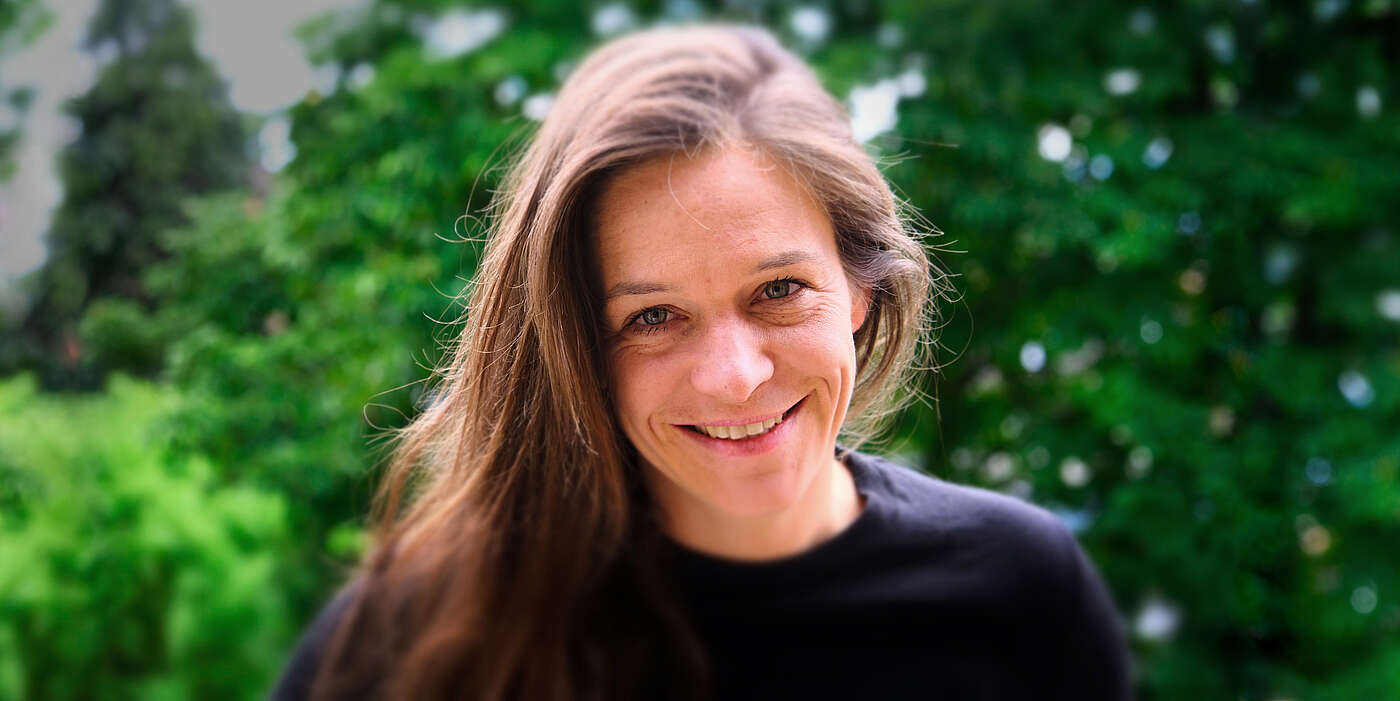On September 1st, 2020, Maria Hondele will start as a new Assistant Professor of Biochemistry with Tenure Track at the Biozentrum, University of Basel. She is currently working as a postdoctoral fellow at the Institute of Biochemistry at ETH Zurich. The scientist, born in 1981, first studied medicine for two years and then biochemistry at the University of Regensburg. After completing her PhD at the European Molecular Biology Laboratory (EMBL) in Heidelberg and the Ludwig-Maximilians-University of Munich in 2013, she joined the group of Prof. Karsten Weis at ETH Zurich as a postdoctoral fellow.
In recognition of her outstanding scientific achievements, Hondele has already been awarded several prizes and fellowships, including a long-term postdoctoral fellowship from the European Molecular Biology Organization (EMBO) and the Human Frontier Science Program (HFSP), the PhD Prize of the Munich University Society and last year an ETH Career Seed Grant.
Hondele's research focuses on the fate of messenger RNAs (mRNAs), copies of the cell’s genetic material that serve as matrices for protein production. These mRNA molecules are transported, altered, stored, repressed or degraded by certain proteins. Hondele’s main topic of interest are membraneless organelles, for example P-bodies or nuclear speckles, which are suspected to control the fate of mRNA molecules. In contrast to classical organelles such as the cell nucleus or mitochondria, whose content is separated from the surrounding cell plasma by a membrane, membraneless organelles are self-organizing droplets of proteins and nucleic acids that form by a process called liquid-liquid phase separation, similar to oil droplets in water. Such phase-separated droplets can harbor a wide range of important cellular functions.
In her latest study, recently published in “Nature”, Hondele has demonstrated that a family of proteins, the so-called DEAD-box ATPases, are master regulators of many RNA-containing membraneless organelles. She further found evidence that these enzymes might control the flux of RNA molecules through various membraneless organelles for gradual processing. In the future, she wants to investigate the assembly and regulation of membraneless organelles and dissect their cellular function, with a focus on mRNA fate.
In addition to Prof. Maria Hondele, the University of Basel has appointed the economist Robert Stelter as a new Assistant Professor of Quantitative Economic History.
Contact: Communications, Katrin Bühler



